Judicial seats are not high on the list of closely watched campaigns. They don’t drive election turnout. For the diligent, looking up information on those running for court seats often feels fruitless, as most judicial campaigns refrain from sharing anything that suggests personal interest or opinion. Many of these races come and go without notice because of this very idea of judges as objective lenses of the law and conduits of order and logic.
This mental model creates a disconnect between the judicial task and the person carrying it out, and when you’re cramming an hour before you’re going to vote as to who and what’s on your ballot, and there are 17 empty judicial seats on the dock (true story!), independently finding any clear information on these judges forces us to lean heavily on our assumptions—meaning, if you think judicial tasks are informed solely by impartial legal code, does it matter who performs those tasks?
The answer, of course, is yes.
And that’s because judicial tasks are done by judges, who are first and foremost humans—a species notorious for not being particularly judicious. Much has been written on our inability to be truly objective, usually within the framework of: “You’re lying to yourself if you think you’re not bringing bias into your decisions.”
Which is why this year’s Illinois primaries offered pleasant surprises when it comes to judicial races: According to the non-partisan journalism organization Injustice Watch, “significant numbers of women, people of color and LGBTQ candidates…are virtually assured of winning seats formerly held by judges who were mostly white and male.” This is a powerful statement filled with possibility, given the fact that most communities are infinitely more diverse than those who preside on the bench to serve them.
The question isn’t why this matters, but in just how many ways it does. Chicago’s 2020 primary results reflects an important shift towards a truer reflection and understanding of the communities served. And that means the potential for more nuanced approaches in expressing and interpreting our laws.
This is about diversity: this is about race and color and income, but it’s also about gender identity and sexual orientation (SOGI). When any demographic lacks representation in the larger system, that whole systems lacks true understanding. When people aren’t reflected in positions of power, those people are locked into someone else’s narrative. And that narrative changes how we interact.
This isn’t about concepts and theories—this is about real life. In January, ABC News reported on a 5th Circuit Court of Appeals Judge who refused to acknowledge a transgender defendant’s chosen pronouns. The judge was a white male who referred to the defendant as “gender-dysphoric,” a purposely humiliating use of language meant to delegitimize the defendant. This judge was noted as having overseen past hearings related to gender identity and sexual orientation in similar fashion, suggesting that “respecting a transgender person’s gender in the same way…as a cisgender person’s gender “may unintentionally convey its tacit approval.” As if respect based on gender was somehow questionable.
You might imagine how this scenario, one of many, could have played out differently if someone with a different background was presiding over the hearing—someone like Jill Rose Quinn—who recently won the Democratic primary for Cook County Circuit Court and will be Illinois’ first openly transgender judge.
Given Illinois’ strong LGBTQ+ history (e.g., Chicago’s Boystown was the first officially designated gay neighborhood in the United States), it makes sense to bring judiciary diversity in this manner, and to this location. In addition to Quinn, three other LGBTQ+ judges will take the bench based on the March primaries.
As Quinn told the Chicago Tribune, “…this is a victory for everyone who feels marginalized.” Rarely are we privileged to see openly transgender people in positions of power—because society (by the way, that’s all of us) have systematically made it impossible to do. That’s what marginalized means. This is despite the fact that, as of a 2017 Harris Poll, upwards of almost 3% of the population, across various age groups, identifies as transgender. That’s potentially 6.5 million people—a number deserving representation by and from others who understand the systemic imbalances and disaffordances put upon them.
Quinn will join a growing list of transgender judges and lawmakers taking their due seat at the table who understand firsthand that ‘equal’ under the eyes of the law does not inform equitable opportunities or treatment either in or out of it. In a recent Columbia Chronicle article, she defines her work of adjudicating as the “first line of defense against oppression.” How many judges do you know who would describe their job like that? Is there any better way to express how a different perspective and experience can change your relationship with power and the legal system?
This is why diversity matters. Diversity in experience—not the kind listed on your resumé, but the kind that informs how you know the world and why you understand it as you do. We need these varied understandings of the world represented in positions of power so that experiences can be acknowledged and heard, rather than criminalized and overlooked. And we need voters to know they have the power to make this happen, just by taking the time to read up on judicial candidates.

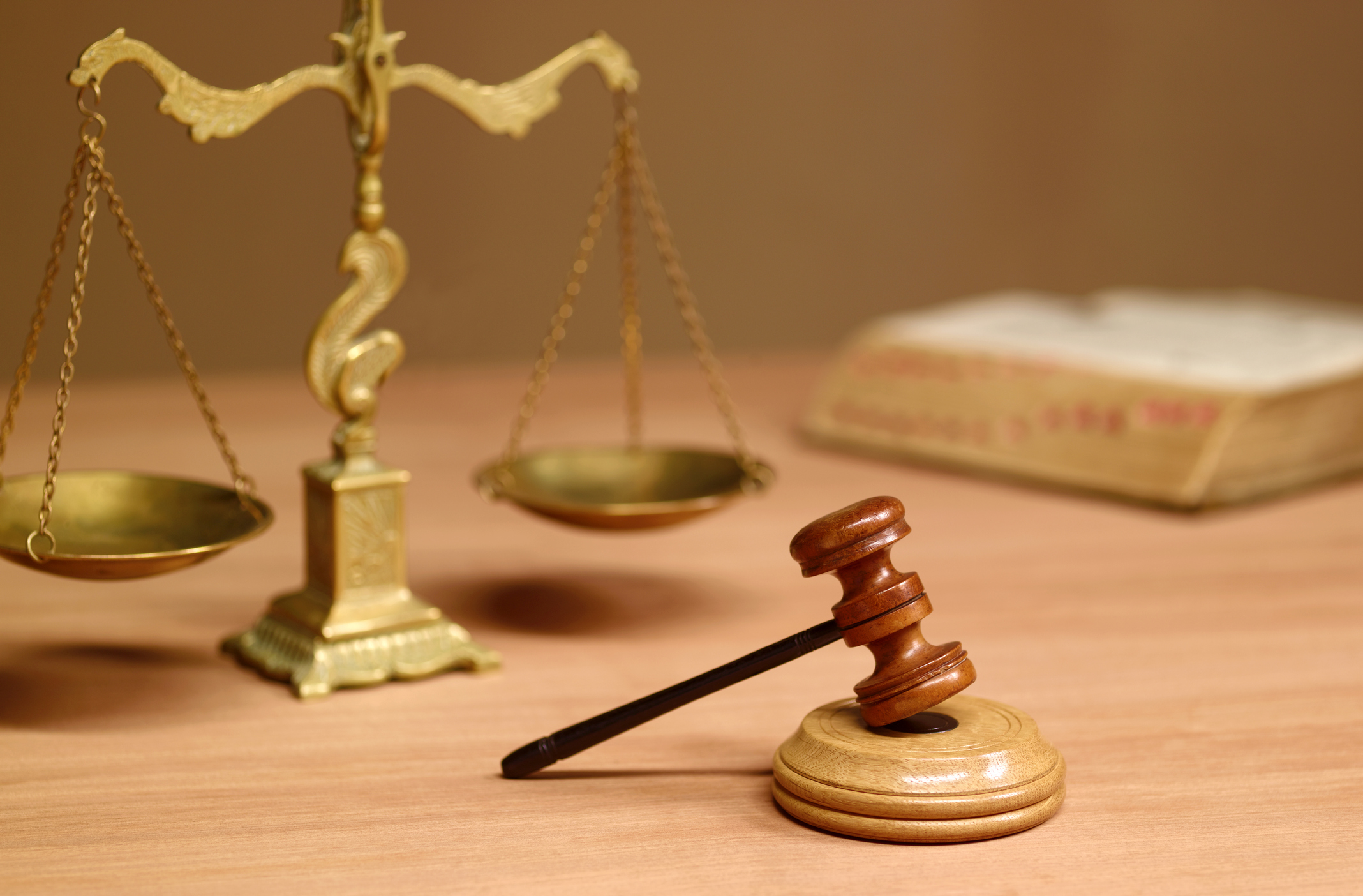
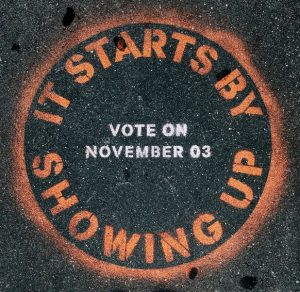



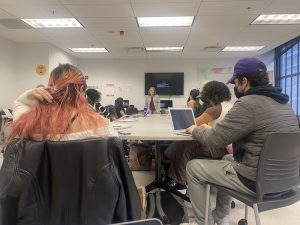


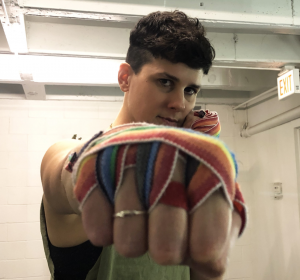



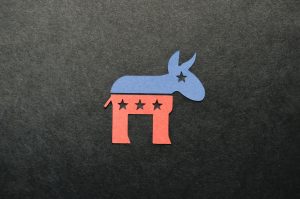
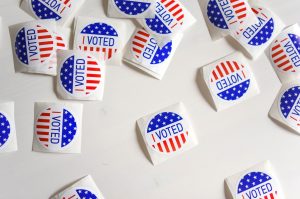
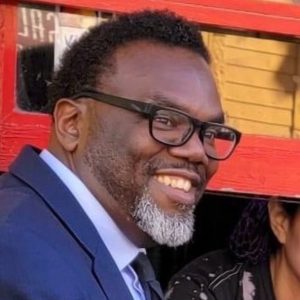

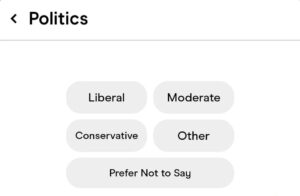
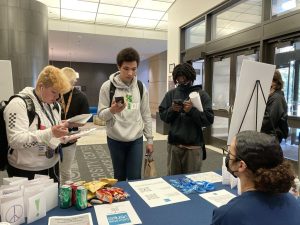
Be First to Comment